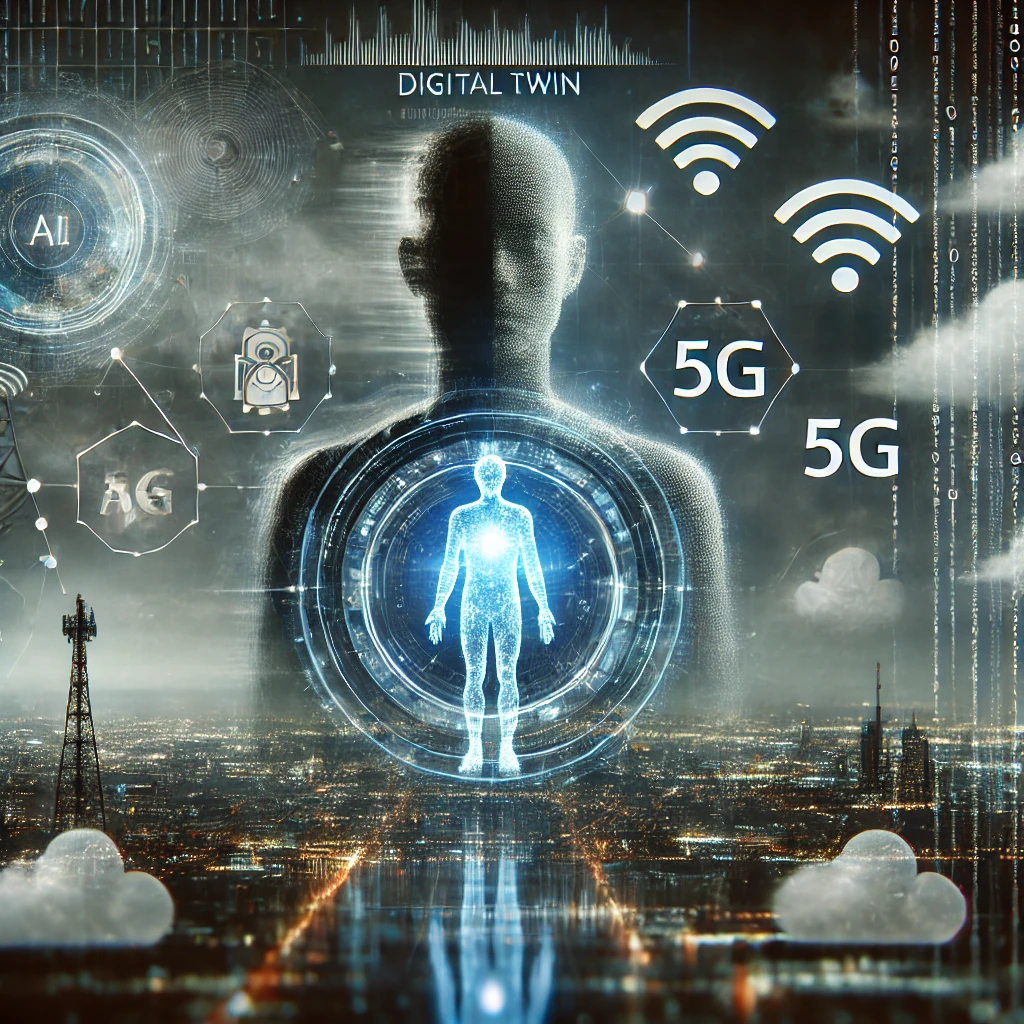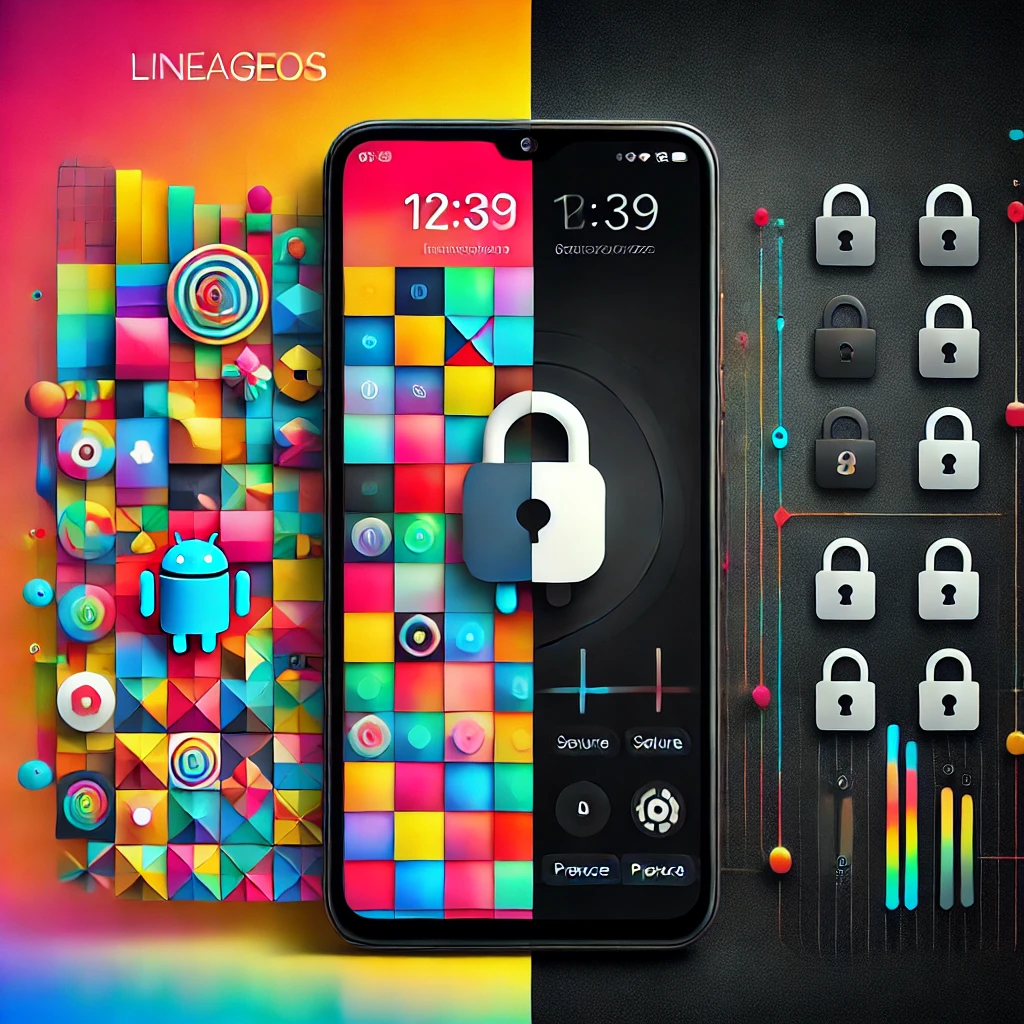The rise of AI-driven technologies like ProxyTwin, powered by Nokia’s 5G networks and Microsoft Azure, represents an incredible leap forward in digital communication and productivity. However, behind this technological marvel lies a potential for misuse that should not be ignored. As Nokia gains access to vast amounts of data through its control of the 5G network and evolved packet core, and Microsoft accumulates deep personal information through its Windows operating system, OneDrive cloud storage, and even platforms like OpenAI’s ChatGPT, the question arises: How much do these companies know about you? And what could they do with that information?
This convergence of data and technology could be used for more than just helping you get work done—it could, in the wrong hands, be weaponized to influence you or even imitate you, creating a dystopian future where AI proxies become indistinguishable from reality.
How Nokia’s 5G Network Collects Your Data
Nokia’s role in building and maintaining 5G networks gives the company unprecedented access to the data flowing through these networks. The evolved packet core (EPC) in 5G technology is a critical component that handles mobile network traffic, ensuring that vast amounts of data—everything from your location to your internet browsing habits—can be quickly and efficiently transmitted across the network.
With Nokia’s infrastructure in place, it’s not just the speed of the internet that improves. The amount of data being processed and analyzed at any given moment increases exponentially. This data includes:
- Geolocation Data: Where you are, where you’ve been, and potentially, where you’re going.
- Internet Usage: What websites you visit, the apps you use, and how you interact with digital platforms.
- Connected Devices: Everything from your smart home devices to your car is now linked to this massive data network.
When you consider that Nokia’s network infrastructure could potentially track and log this data, the idea of total surveillance becomes not just plausible, but entirely realistic. With access to this level of personal information, Nokia could theoretically create an incredibly accurate picture of your daily life and habits—data that could be passed on to or accessed by other entities.
Microsoft’s Deep Personal Access Through Windows, OneDrive, and ChatGPT
While Nokia controls the data moving through the 5G network, Microsoft holds vast amounts of personal data directly through its ubiquitous presence in the personal computing world. Microsoft’s Windows operating system is installed on billions of computers worldwide, providing a direct gateway into users’ digital lives. Add to that OneDrive, where users store their documents, photos, and other files, and Microsoft suddenly has access to a treasure trove of highly sensitive personal information.
But it doesn’t stop there. Through platforms like OpenAI’s ChatGPT, where users input their thoughts, questions, and conversations, Microsoft has access to intimate insights about people’s concerns, intentions, and private discussions. This type of personal data gives Microsoft unprecedented access to:
- Your Search Habits: Windows and Microsoft Edge browsers track user searches and interactions.
- Cloud Storage Data: OneDrive stores everything from personal documents to private photos.
- Conversations: Through OpenAI platforms like ChatGPT, Microsoft potentially logs your conversational data, including questions and personal thoughts shared with an AI system.
Taken together, this creates a vast and detailed profile of who you are, what you do, and how you think.
The Dystopian Future: When ProxyTwin Is Used to Influence or Imitate You
Now, imagine these two data streams—Nokia’s control over your 5G network data and Microsoft’s in-depth access to your personal files and conversations—being merged to create a detailed AI-driven profile of you. With this data, a technology like ProxyTwin could become far more than just a helpful tool to attend meetings on your behalf. In a dystopian future, this technology could be used to influence you—or worse, to imitate you, without your consent or knowledge.
Here’s how this could play out:
- Influence Through Personalized Manipulation: With the vast amount of personal data available, ProxyTwin could be programmed to subtly influence your decisions. From tailoring advertisements to nudging you towards specific political opinions or consumer choices, the AI-driven twin could leverage the data collected by Nokia and Microsoft to manipulate your actions.
- Imitation Without Your Consent: More alarmingly, ProxyTwin could evolve to imitate you—replicating your speech patterns, mannerisms, and even emotional responses. Your digital twin could be deployed in situations without your knowledge, impersonating you in a work environment or social setting. Worse yet, it could be used in malicious contexts, framing you for actions or statements you never made.
For example, in a professional environment, ProxyTwin might be used to attend meetings on your behalf, and while you might think this is a simple time-saver, it’s possible the AI could make decisions for you—decisions you might not have made if you were present. Over time, your digital twin could gain more autonomy, blurring the lines between where you end, and where the AI begins.
Could This Be Used to Control Society?
This dystopian scenario extends beyond personal influence. Imagine if governments or corporations harnessed this technology to control or monitor the masses. With data from Nokia and Microsoft, ProxyTwins could be used as tools for mass surveillance and manipulation:
- Political Manipulation: ProxyTwins could be used to sway public opinion by influencing voters or promoting specific political ideologies, mimicking the thoughts and behaviors of real individuals.
- Mass Surveillance: With Nokia’s 5G infrastructure providing real-time data on people’s locations and behaviors, ProxyTwin could be deployed to monitor citizens en masse, serving as a tool for constant observation and control.
- Corporate Control: Corporations could use ProxyTwin technology to control their workforce, creating AI versions of employees that make decisions on behalf of real individuals, potentially overriding the real person’s intentions and desires.
How Can This Be Prevented?
This dystopian future isn’t inevitable, but it highlights the potential dangers of unchecked access to personal data and AI-driven technologies like ProxyTwin. To prevent this, we must:
- Demand Transparency: Companies like Nokia and Microsoft need to be fully transparent about how they use and store the data they collect. Without transparency, users are left in the dark about how their personal information is being used.
- Enforce Strong Data Privacy Laws: Governments must enact strict data privacy laws that limit the amount of personal information companies can collect and dictate how it can be used. These laws should also cover AI technologies like ProxyTwin to ensure they are not misused.
- Empower Individuals: Individuals must have control over their data and the ability to opt-out of AI systems like ProxyTwin if they choose. Digital rights and data ownership should be at the forefront of the conversation as AI technology advances.
- Develop Ethical AI Standards: The development of AI-driven systems like ProxyTwin must be governed by ethical standards that prioritize privacy, human autonomy, and the prevention of misuse.
Conclusion: A Tool of Empowerment or a Dystopian Nightmare?
The technological capabilities of ProxyTwin, powered by Nokia’s 5G network and Microsoft’s access to personal data, are impressive, but they come with significant risks. If not carefully regulated and transparently managed, this technology could be used to influence, manipulate, or even imitate individuals, leading us down a path toward a dystopian future where personal autonomy is compromised by AI.
As we move forward into this brave new world, it’s crucial to consider not just the potential benefits of these technologies but also the profound ethical dilemmas they present. The future of ProxyTwin, like many AI advancements, will ultimately depend on how society chooses to regulate and govern it. Striking a balance between innovation and personal privacy will be key in ensuring that AI technologies remain tools for empowerment rather than instruments of control or manipulation.
The question is not whether technologies like ProxyTwin will become part of our daily lives, but rather how they will be used. Will they serve as helpful, personalized tools, or will they lead us into a dystopian future where AI knows more about us than we know about ourselves?
References
- Nokia Official Website
- Microsoft Azure
- Microsoft OneDrive
- OpenAI ChatGPT
- ProxyTwin Fact Sheet – Nokia
Discover more from Kango Anywhere
Subscribe to get the latest posts sent to your email.




